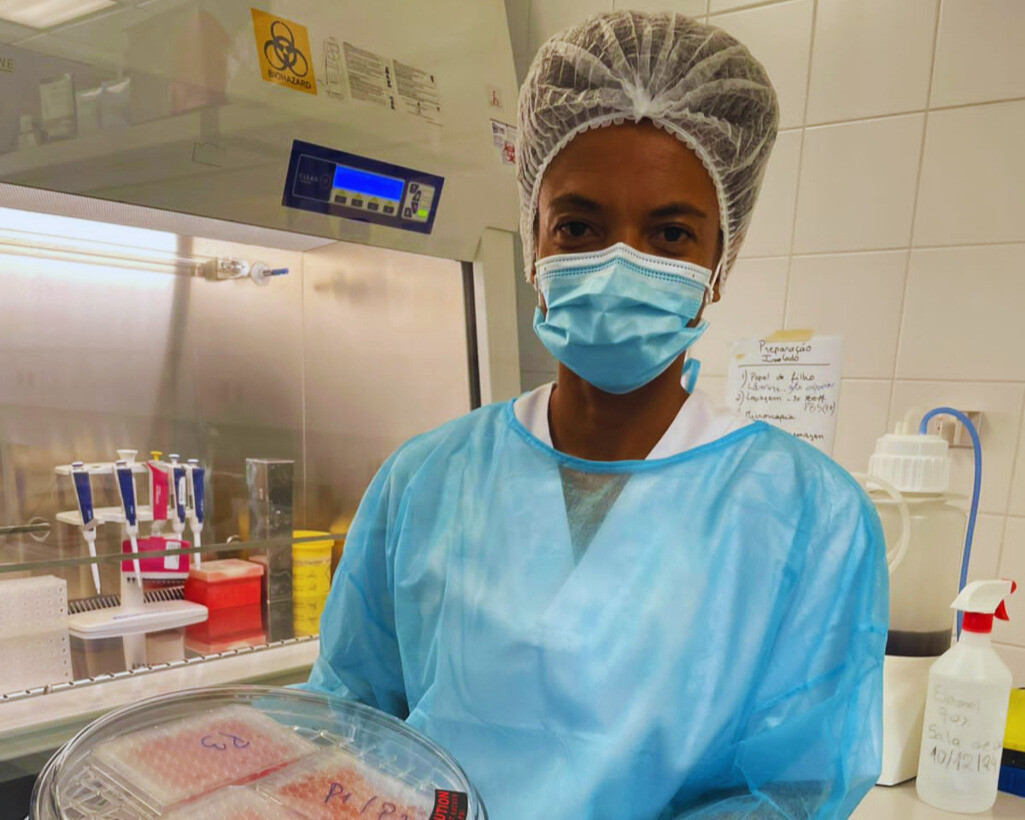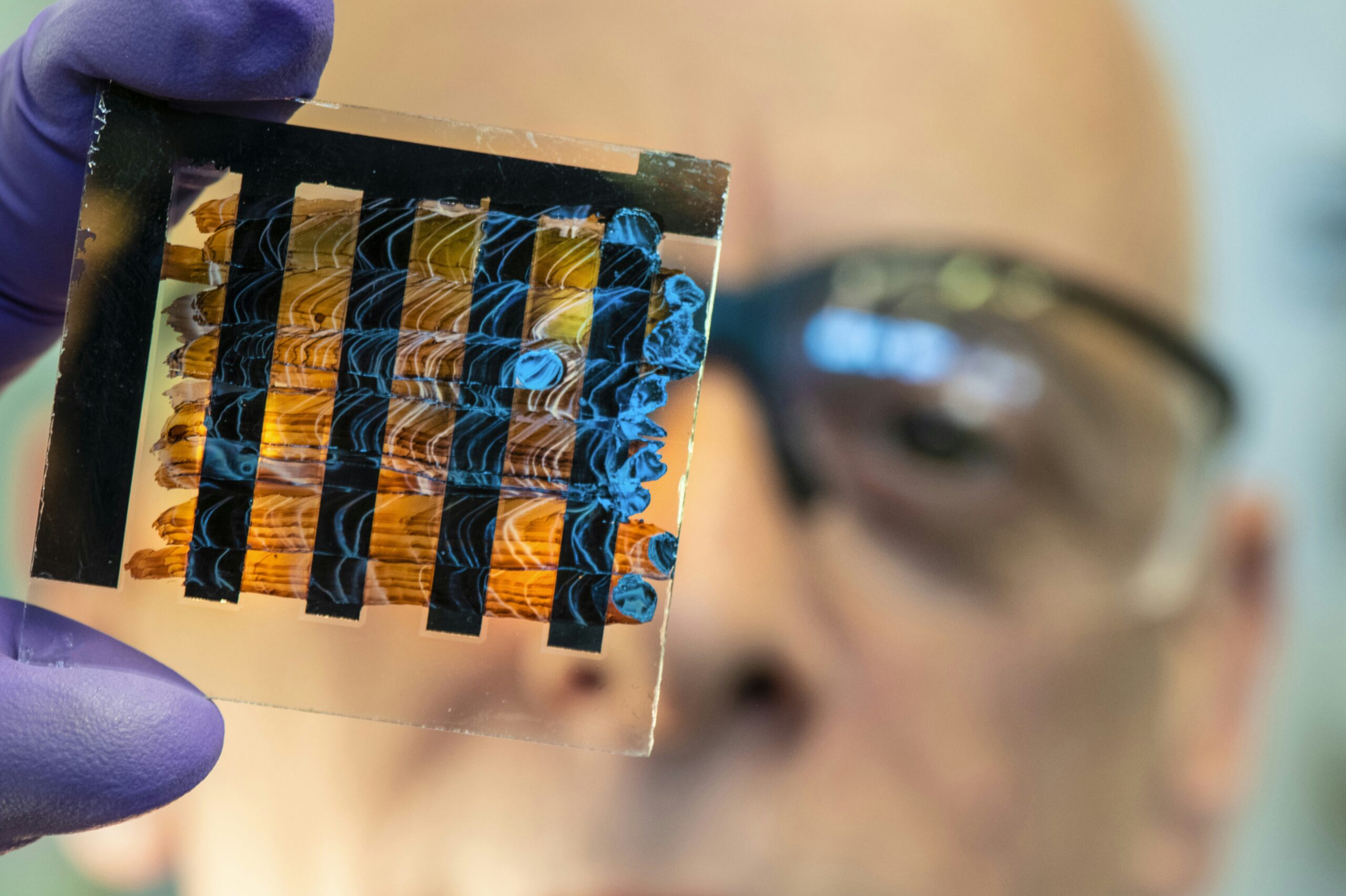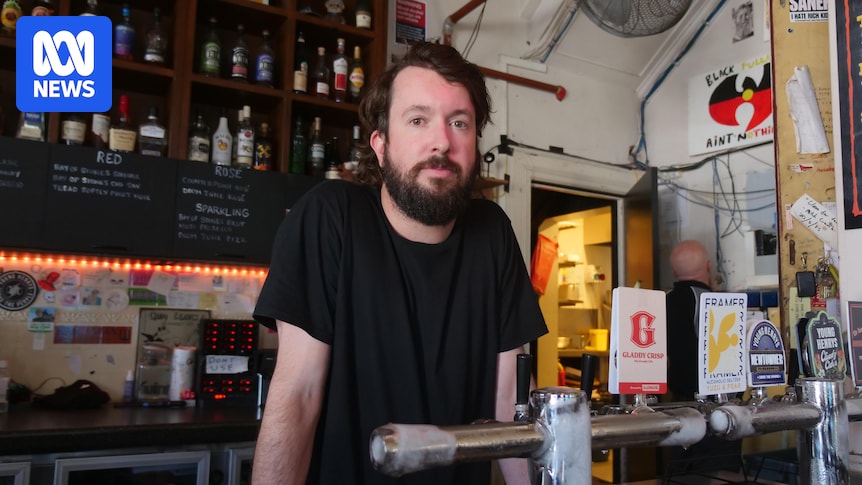
Artificial intelligence (AI) is poised to revolutionize the fight against malaria by significantly accelerating drug discovery processes. This technological advancement could transform years of research into mere months, a crucial development in overcoming the growing drug resistance to existing malaria treatments. However, scientists in low-income countries often find themselves at a disadvantage in accessing these cutting-edge tools. Jeremy Burrows, Vice President and Head of Drug Discovery at Medicines for Malaria Venture (MMV), sheds light on how a new open-access, AI-powered drug discovery tool aims to level the playing field.
The announcement comes amid the increasing integration of AI in healthcare. Burrows explains, “At MMV, we are focused on the mission to discover, develop, and deliver new antimalarials. AI offers significant opportunities along the entire value chain, from identifying potential molecules to delivering effective medicines.” He highlights that AI is particularly impactful in the early stages of drug discovery, where it can help identify new starting points and optimize molecules into candidate drugs.
The Role of AI in Drug Discovery
AI excels at analyzing large datasets, a capability MMV has harnessed since its inception in 1999. Collaborating with around two dozen pharmaceutical partners globally, MMV has screened millions of compounds targeting Plasmodium falciparum, the deadliest malaria parasite. This extensive data collection has enabled the creation of an open-access machine learning model known as the Malaria Inhibitor Prediction platform (MAIP).
“MAIP is available for free. Researchers can input a virtual chemical structure and receive predictions on its potential efficacy against malaria. This approach has increased our hit rate tenfold,” Burrows notes, emphasizing the substantial impact on decision-making for compound acquisition and development.
Beyond predictive capabilities, MMV is focusing on using AI to optimize the medicinal chemistry design of new compounds through a process called generative design. This strategic approach aims to streamline the discovery process, making it more efficient and accessible.
Democratizing Access to AI Tools
MMV is collaborating with the Gates Foundation and deepmirror, a London-based company, to develop a tool called Drug Design for Global Health (dd4gh). Scheduled for release in March 2026, dd4gh will be freely available to scientists working in global health. The tool allows researchers to upload their chemistry and biology data, leveraging models built on public domain data within the MMV network.
Burrows explains, “With dd4gh, scientists can perform generative design, creating virtual chemical structures that are scored against models to predict their efficacy. This iterative design cycle can reduce the number of cycles needed to deliver a candidate drug.” The tool’s accessibility is a game-changer, particularly for scientists in lower- and middle-income countries, where such resources are often prohibitively expensive.
Challenges in Low-Resource Settings
Despite the promising potential of AI, significant challenges remain in applying these tools in low-resource settings. “There is clear inequity in access to these technologies,” Burrows acknowledges. “The investments required are beyond the scope of most academic groups in these regions. However, excellent scientists and often good internet connectivity exist in Africa, even if the data centers are not located there.”
MMV’s strategy addresses logistical challenges by encoding dd4gh with information about local availability of building blocks, prioritizing compounds that can be quickly accessed. This approach, combined with free access to high-end tools, training, and co-creation, aims to empower scientists in these regions.
Proprietary Algorithms and Data Sharing
MMV, with support from the Gates Foundation, has secured a license ensuring long-term access to these AI tools. Importantly, AI facilitates confidential information sharing among partners without actual data exchange. During a recent MMV workshop, participants expressed unanimous support for contributing their data to such a tool.
“AI is opening up many new opportunities in drug discovery,” Burrows states. “MMV is involved in multiple projects, including developing better models of how the immune system fights malaria and drug interactions with the human body.”
Future Prospects and Scepticism
While AI holds immense promise, it also faces skepticism. Burrows advises drug discovery scientists to approach AI with a healthy degree of skepticism, emphasizing the need for model validation and understanding limitations. “Human oversight remains critical. AI should enhance, not replace, human judgment,” he asserts.
Continuous learning, openness to external expertise, and adaptability to new methodologies are essential for leveraging AI’s potential. Ultimately, AI can transform data usage, democratize technology for scientists worldwide, and foster co-creation of tools that revolutionize global health efforts.
Burrows shared these insights with Health Policy Watch during the recent MMV Science of Malaria Medicine symposium in Geneva.
Image Credits: Supplied by Cláudia Fançony, Violaine Martin/MMV, DD4GH, Jeremy Burrows.
Combat the infodemic in health information and support health policy reporting from the global South. Our growing network of journalists in Africa, Asia, Geneva, and New York connects regional realities with global debates through evidence-based, open-access news and analysis. To contribute, click here on PayPal.





